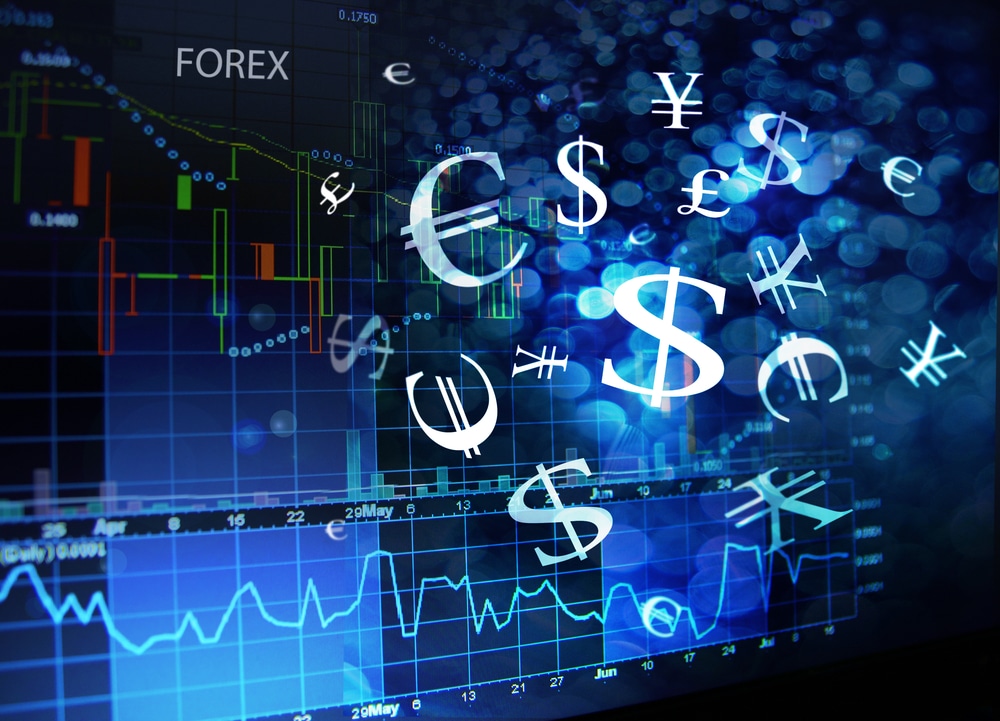
Does it really take money to make money in forex or not at all? The fascination of capital gains in this market is one of the first considerations, especially for new traders getting involved.
Every question always deserves a counter-argument. Truthfully, no one can give a universally-accepted answer on how much one can make from trading forex as it depends on many variables.
The important consistent factor is that returns are sort of commission-based with no set or guaranteed weekly or monthly returns. Several aspects have a massive influence on what a trader could potentially gain, which is what this article will cover.
Capital is king
Monetarily, trading is just like any other business; capital is the oxygen and usually a big contributor to any trader’s success. One of the biggest reasons why traders fail is due to under-capitalization.
While there are some rare exceptions of people turning small accounts into larger ones relatively quickly, ultimately, you need money to make money. The amount of capital in one’s account is one of the main ingredients determining their trades’ profit size. Of course, the bigger, the better for a few reasons:
- The larger the capital, the less leverage you actually need. Often, traders with smaller accounts lose in the long run because of misusing leverage. It’s not to say traders with big accounts don’t use high margin, though it is seldom and is not a sensible option.
- There is the psychological aspect when it comes to capital. As humans, we are naturally attracted to large numbers. We are more likely to be patient in waiting for trading opportunities on a $100,000 account than on a $1,000 one.
- One profitable trade in a month on the former shows a notable difference in your bottom line. It is not, however, to say growing a small account over time into a substantial one isn’t possible; the main point is very few have achieved this.
Everything else after the capital
We’ve just established capitalization is the foundation of any business, including trading. As with any enterprise, money does not complete the puzzle as several factors come into play. We will quickly see, though, that capital will always be an underlying theme to some extent nonetheless.
Risk appetite
Each trader’s risk tolerance differs wildly: some are very risk-averse or conservative, while others are more adventurous. For example, if two traders had $10,000 as their equity, and one risked 2% of their account ($200) while the other 10% ($1,000), it’s evident the second person stands to earn substantially more.
The second question then to ask is how sustainable would it be risking 10% consistently? Traders need to always find consistency in how they approach risk.
Risk-to-reward and trading style
Risk-to-reward closely links with the appetite aspect. The trading frequency is not an indication of the size of the returns. For example, using the $10,000 scenario, a day trader risking 2% could make 10% in one month from 20 positions.
In contrast, a swing trader who trades significantly less and risks the same 2% could earn 20% from just one position by merely having a higher risk-to-reward and taking advantage of a ‘big move.’
One of the biggest misconceptions: setting so-called weekly or monthly targets
Where many traders mess up is enforcing some form of targets, whether daily, weekly or monthly. Unfortunately, trading forex is more commission-based and does not mirror a regular 9-to-5 job with a somewhat predictable and frequent income stream.
Market conditions never remain the same, and every trading strategy will have losing streaks and ‘dry’ periods (times where no set-ups occur). No one can control the market due to their predetermined targets. Capital is one of the solutions to this problem.
As we cannot determine a predictable profit potential on a time basis, the larger the account, the less we feel pressured to trade. It is also paramount never to depend solely on trading for this very reason; traders should have other income sources.
Many losing traders get involved in the market with very little money in the desperation to multiply it quickly, which is dangerous and a way that is often unsustainable.
The effects of withdrawing and compounding
Something else to consider on the question of the returns is withdrawals and compounding. While withdrawing is where any trader wants to be eventually, this does limit the ‘compounding effect.’
For example, if a trader took an account from $1,000 to $2,000 and withdrew half (essentially leaving them back to where they started), they would not be trading any bigger positions. This, therefore, limits their returns in the long run and slows down the compounding effect.
Yet, if they withdrew, let’s say, half (leaving the account at $1,500), they are realistically able to trade larger orders conservatively at this point. In the same argument, traders don’t necessarily compound forever as withdrawals are still significant.
No one would leave profits untouched for very long. The point is traders will find a balance in not withdrawing too much to allow the compounding effect in their account, factors that affect what goes into their pockets.
Conclusion
Ultimately, this article serves as a guide into the factors greatly affecting potential returns. However, risk management is still the most important aspect rather than chasing monetary goals.
As with any financial market, there is no set monthly or yearly return that the average person can gain, as this is not a typical 9-to-5 job with predictable earnings. If traders understood this one fact about forex or any other instrument, it would significantly improve their performance and align their expectations the right way.
The real question shouldn’t be how much one can make but rather how much they are prepared to lose.
While astronomical returns aren’t unheard of, the real question should be whether they are sustainable or not. In most cases, these positions mirror gambling and come with significant risk. Each trader should draw the line on how they can maximize their returns consistently without blowing their accounts.








Leave a Reply